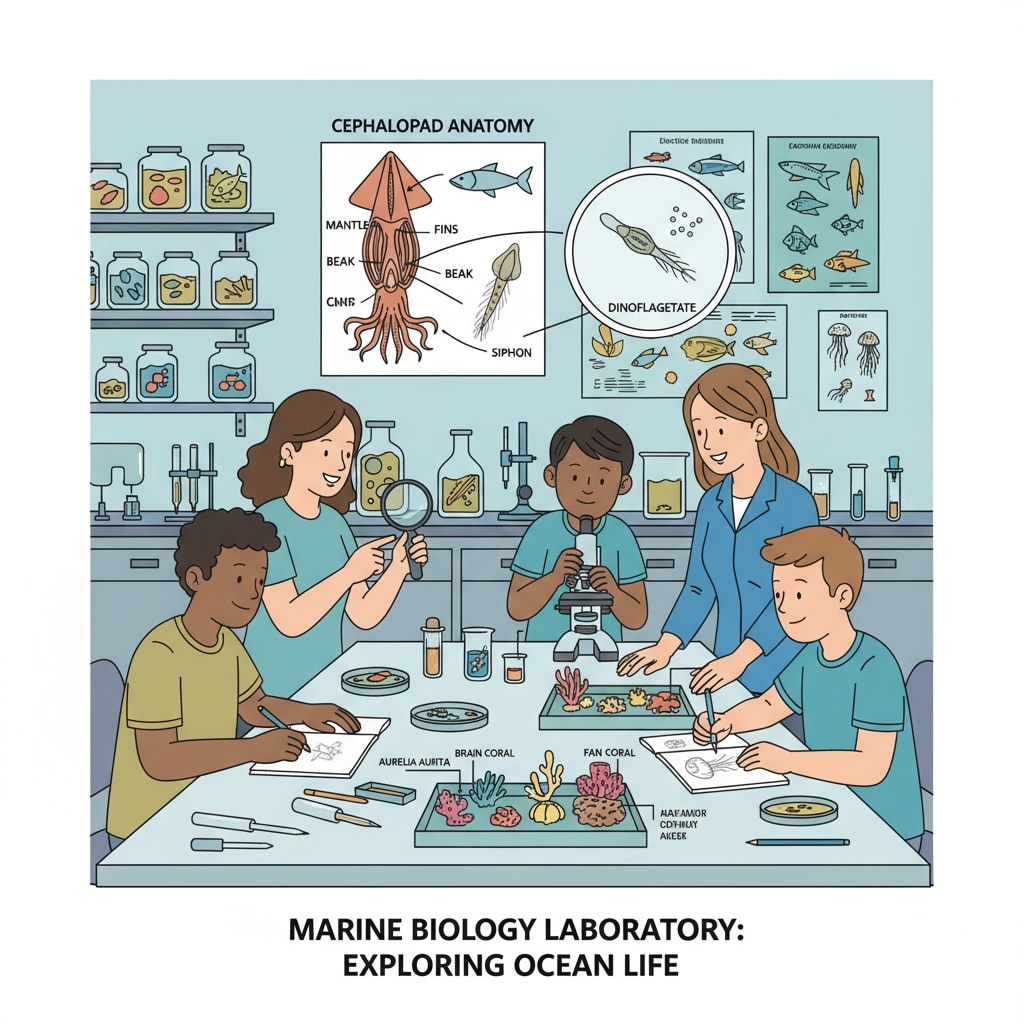Embarking on a journey to pursue science degrees such as marine biology or environmental science without any prior science background might seem daunting. However, it is indeed a feasible path with the right approach. Many students with a non-science foundation have successfully navigated these fields, leveraging their unique skills and determination.

Understanding the Initial Hurdles
One of the primary challenges for students without a science background is the lack of fundamental knowledge. Concepts in biology, chemistry, and physics that are taken for granted in science courses may be completely new. For example, understanding the basic principles of cell structure in biology or chemical reactions in chemistry can be a steep learning curve. In addition, the scientific method, which is crucial for conducting research and experiments in fields like marine biology and environmental science, may be unfamiliar. However, these challenges are not insurmountable.
Building a Strong Foundation
To overcome the lack of prior knowledge, it is essential to start by building a solid foundation. This can be achieved through pre-requisite courses or self-study. Many universities offer introductory courses in general science that cover the basics of biology, chemistry, and physics. These courses can provide a stepping stone for students to ease into more advanced topics. Additionally, there are numerous online resources available, such as Khan Academy and Coursera, which offer free or affordable courses on scientific concepts. For instance, students can take an online chemistry course to familiarize themselves with chemical equations and reactions before diving into a marine biology program.

Another important aspect is developing study skills specific to science. Science courses often require a different approach to studying compared to liberal arts. Taking detailed notes, creating study guides, and practicing problem-solving are key strategies. In addition, forming study groups with classmates can be beneficial, as it allows for discussion and clarification of difficult concepts.
Utilizing University Resources
Universities offer a wealth of resources to support students in their academic journey. Tutoring services are available for students who are struggling with course material. These tutors can provide one-on-one assistance, helping students understand complex scientific concepts. Moreover, professors are valuable resources. They are often willing to answer questions and provide additional guidance outside of class. Additionally, universities may have science clubs or organizations that students can join. These groups offer opportunities for hands-on learning, field trips, and networking with other students and professionals in the field.
Readability guidance: By following these steps, students without a science background can increase their chances of success in science degrees like marine biology and environmental science. With determination, hard work, and the right use of resources, they can turn their dreams of a science career into a reality.


